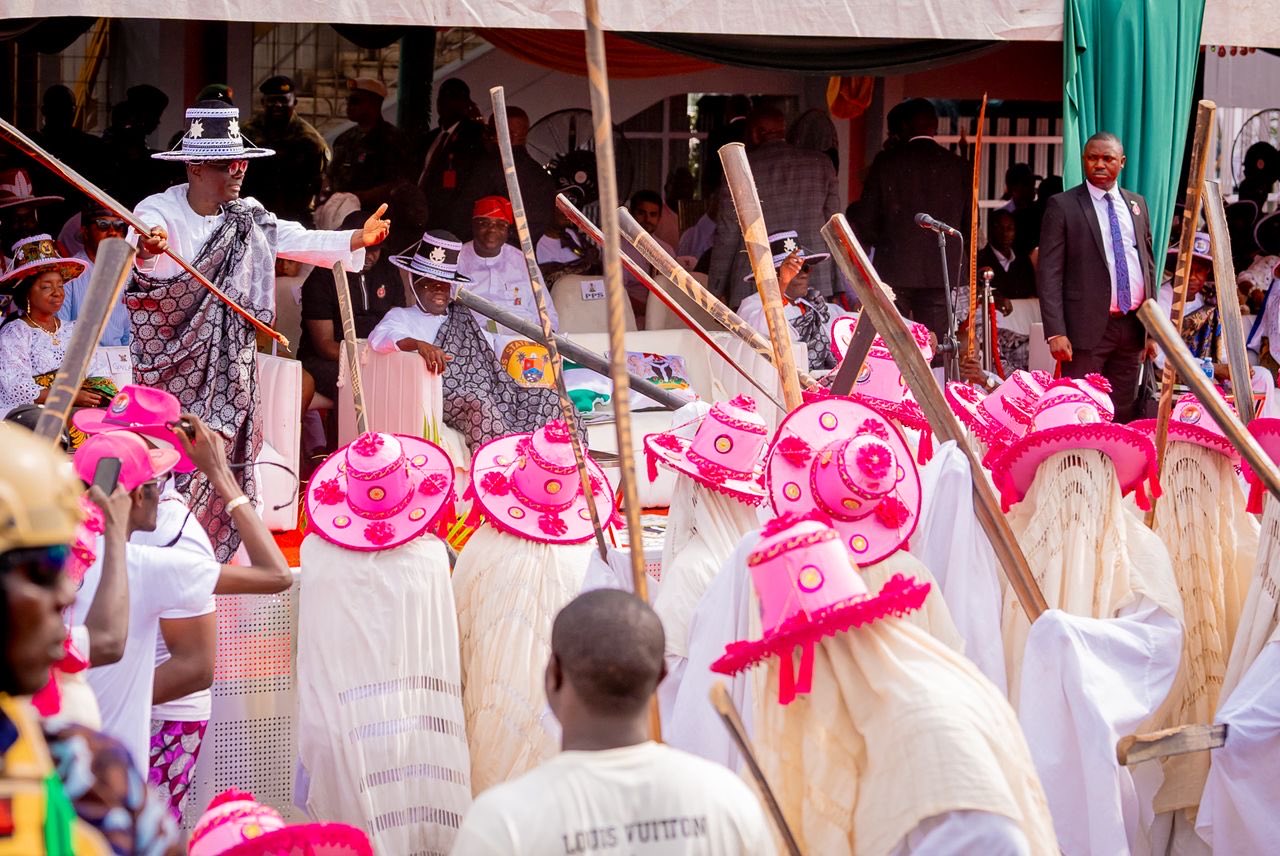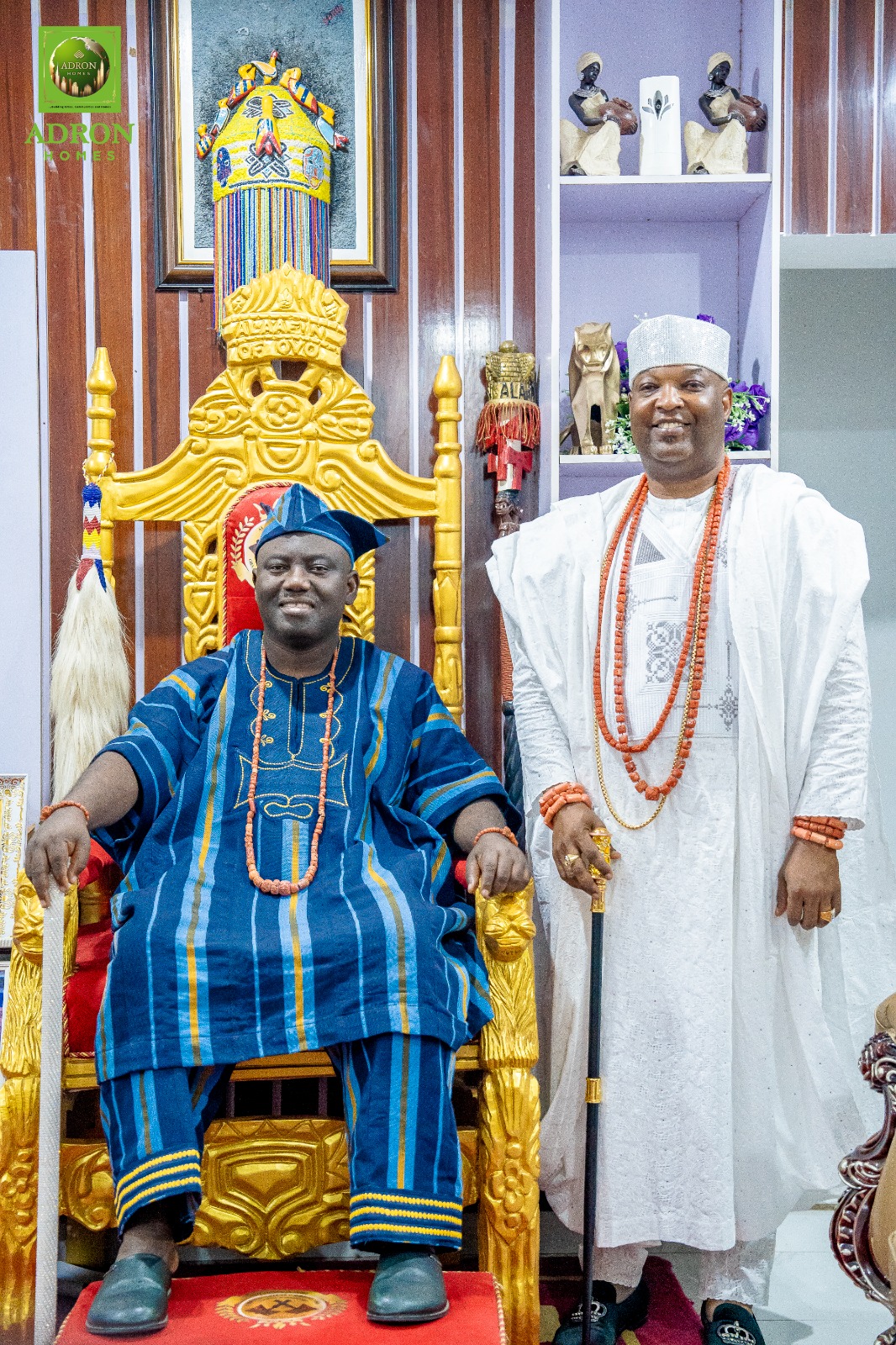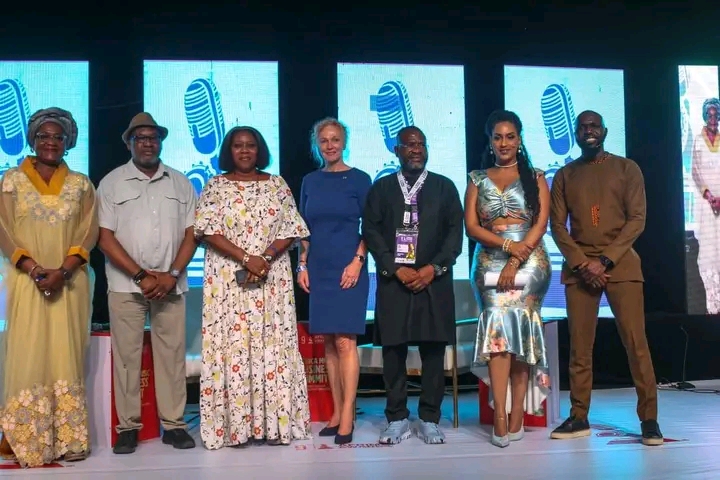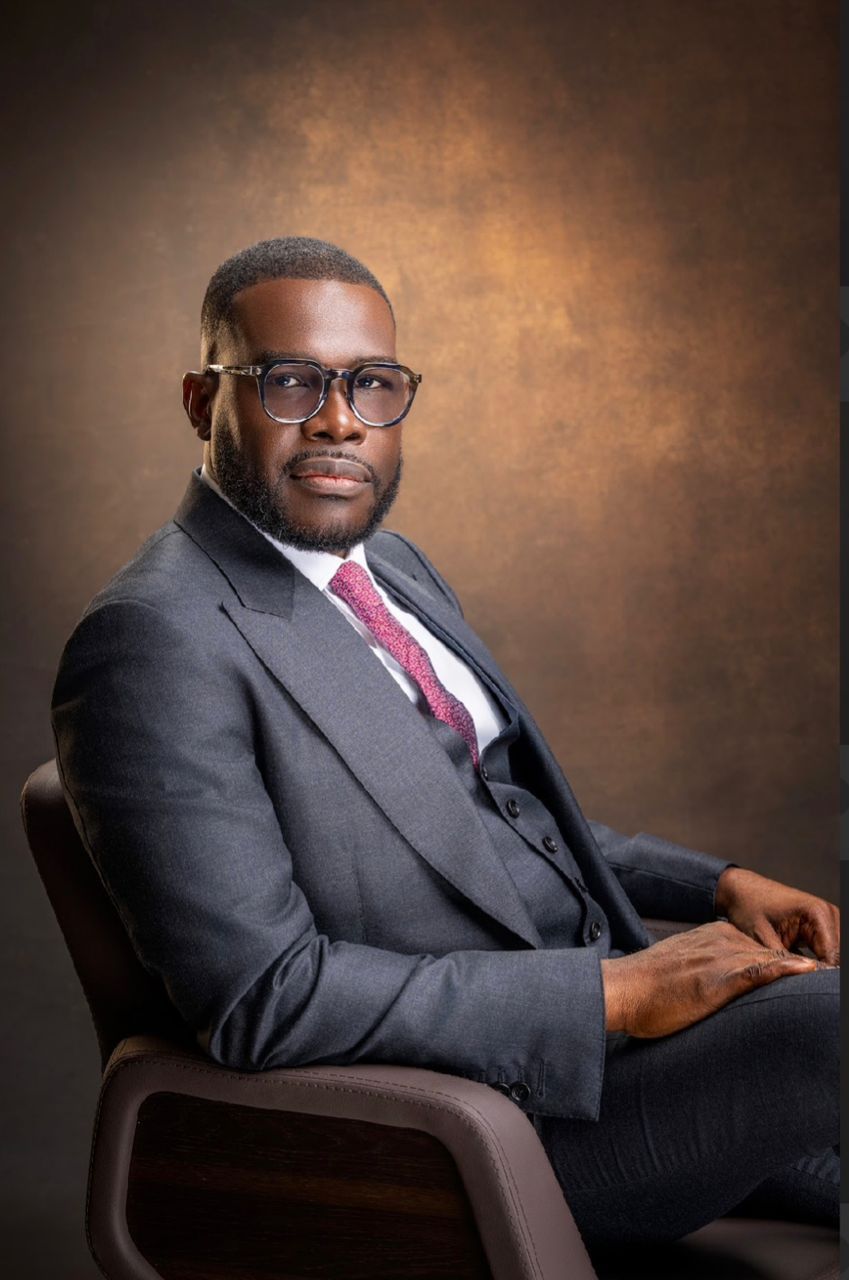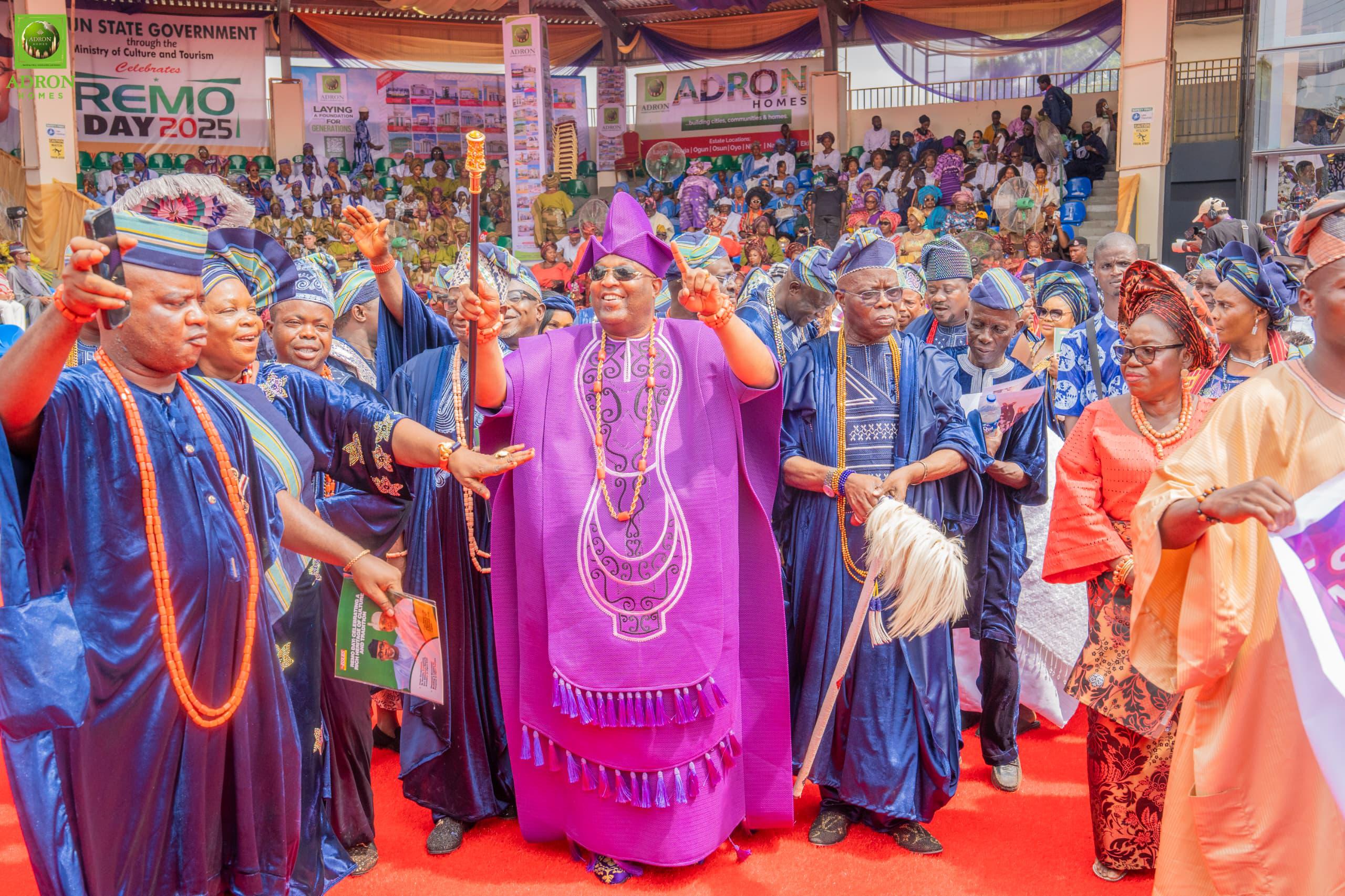Through the Valley of Shadows: A Pilgrimage To Zamfara
BY OLADAPO A. SOFOWORA
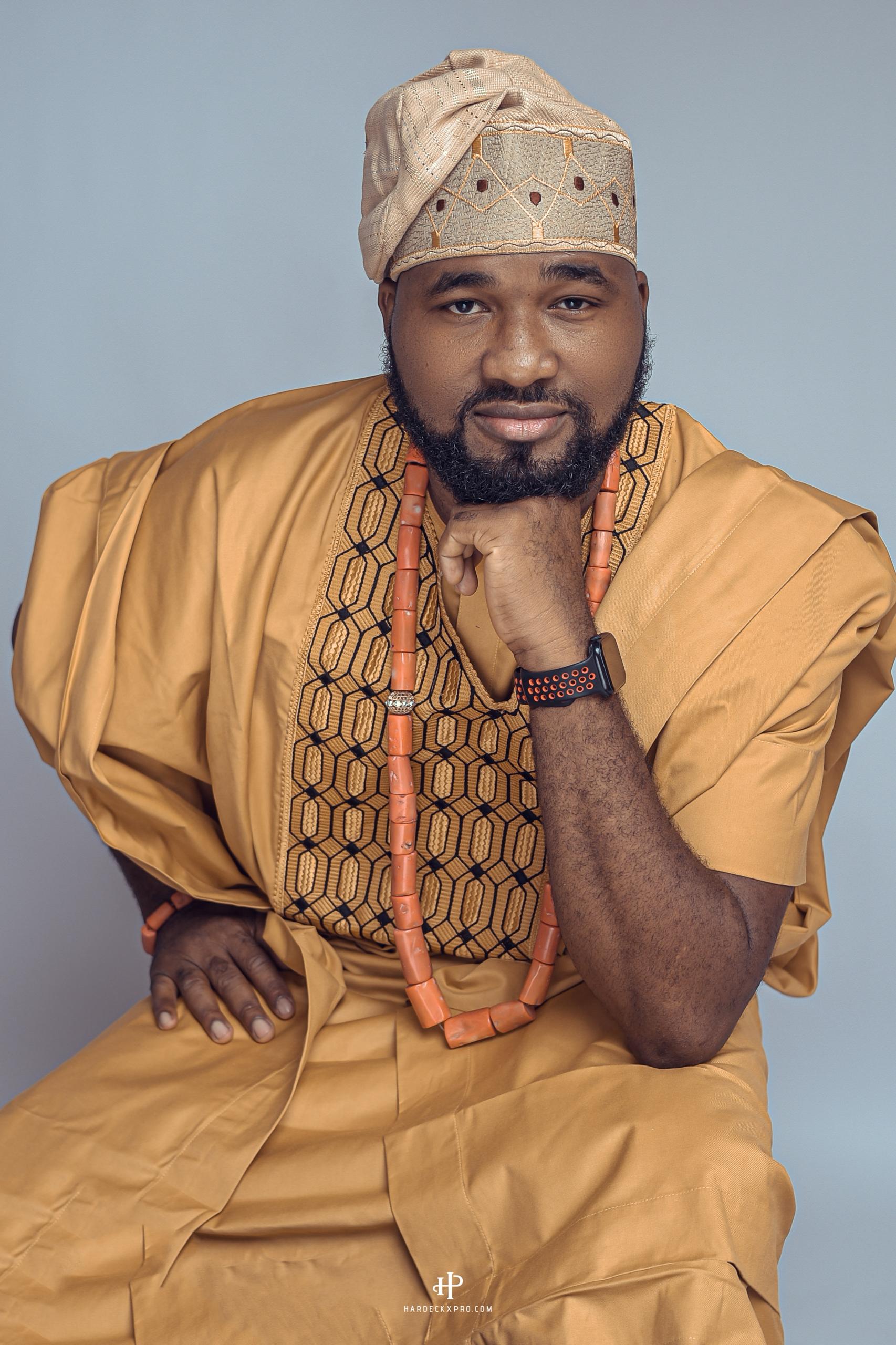
There is a haunting allure to the North a siren call that lingers in the bones long after one has departed its vast, sun-scorched embrace.
Years ago, while serving as a youth corper in Minna, Niger State, I experienced this allure firsthand: the unhurried cadence of life, the warmth of communal bonds, and the silent poetry of its arid landscapes.
However, the shadows of Boko Haram and rampant banditry soon eclipsed its beauty, transforming the North into a paradox, a land marked by breathtaking scenery and terrifying threats, whispered about with equal parts reverence and dread.
During my service in Minna, I was fortunate to experience its relative safety, even undertaking long journeys of up to 15 hours from places like Oyingbo and Ibadan to Minna. Yet, the persistent specter of Boko Haram attacks and banditry characterized by violent raids and kidnappings created a heavy atmosphere of fear that repelled many, myself included. I found myself lingering, unwilling to leave, but cautious of the danger that lurked just beyond the horizon.
A few weeks ago, as I reminisced about my time in the North, I shared with my wife my desire to explore Zamfara state, prompted by a friend’s repeated invitations. However, I turned him down several times, held back by alarming stories of violence that were frequently splashed across the media space.
When Zamfara is mentioned, it often conjures images of kidnapping and brutality, a reputation that only a determined government can alter, creating a narrative that moves beyond the recurring tales of terror all thanks to the current government who is working day and Night to change that narrative.
Undeterred, I booked a flight from Lagos to Kano, landing at Aminu Kano International Airport before taking a cab to a hotel near a motor park where I could catch transportation to Zamfara. Prior to this journey, I engaged in a solemn prayer session, as if preparing myself to traverse a biblical valley of the shadow of death. Still, my determination to go outweighed the fear that gripped my heart. My wife, though outwardly composed, was worried; I could sense her concern in her constant communication with me throughout my journey.
We departed Rigya Zaki in Kano on a cab bound for Gusau. The passengers around me appeared relaxed and unbothered, but I sat tense, haunted by the stories of bandits attacking vehicles on the road, killing some and kidnapping others for ransom. The stark reality was that I had no one to pay a ransom if I were to become a victim, which only heightened my anxiety. Nevertheless, I steeled myself, driven by the sleek, confident demeanor of our driver.
As we journeyed from Kano, parts of the road were under construction, but it remained relatively motorable. Upon entering the Funtua-Gusau road in Katsina, I was struck by the vibrant agricultural trade unfolding along the route. Trailers loaded with goods mingled with buyers eager to purchase fresh produce, their faces reflecting the life that surged within the region. Throughout the journey, I remained vigilant; even during sporadic drowsiness, my subconscious roused me each time I drifted off, reminding me that now was not the time for sleep.
One striking observation during this leg of the journey was the military presence: at intervals of approximately three thousand meters, I spotted a military Hilux vehicle with soldiers, their submachine rifles mounted prominently. Interactions with these soldiers reassured me, particularly when I noticed a bold signboard warning against offering money to officers, written in both English and Hausa. Their visible commitment to ensuring safety began to assuage my fears.
As we navigated the Chafe Kamji-Gusau road, I noticed police, immigration officers, and local security personnel at every checkpoint, all armed and working diligently to create a secure passage for commuters. This visibility of armed forces gave me a sense of relief, encouraging me to relax, even as fatigue nudged at my eyelids.
Upon entering Zamfara, we approached a Nigerian Immigration checkpoint where we were asked to present identification and disclose our destination. A question posed to me about my exact whereabouts in Gusau felt intrusive, as if it infringed upon my right to free movement. While we engaged in a somewhat heated exchange, an immigration officer explained how the route was often used for human trafficking, detailing heart-wrenching stories of individuals lured by promises of an easier life abroad.
He shared a cautionary tale about a woman who, unable to specify where she was headed in Gusau, had been apprehended and discovered to be a victim of trafficking.
Another case involved the son of a Police DPO, caught en route to Niger under the same premise; little did the father know his son was attempting to flee. The immigration officer’s stories painted a grim picture, yet they also underscored the importance of vigilant checks, which paradoxically made me feel safer.
Ultimately, as we cruised into Tsafe Local Government Area in Zamfara, these heightened security measures instilled a sense of reassurance amidst the uncertainty, allowing me to appreciate the complexity of the journey. My heart raced with anticipation as I prepared to confront the unknown that awaited me in a state both beautiful and perilous.
Kudos to Governor Dauda Lawal’s initiative, the Zamfara Security Watch, along with the support from President Bola Ahmed Tinubu’s administration, has made significant strides in enhancing the safety of commuters and securing our roads from attacks. It’s crucial to acknowledge and commend these efforts, as they demonstrate a commitment to tackling insecurity in the region.
I urge citizens to redirect the energy often spent on reporting kidnappings and criminal activities toward highlighting these positive changes. By doing so, we can raise awareness about the government’s proactive measures and inspire confidence in the community. It seems, however, that there is a tendency among some to experience a form of selective amnesia when it comes to recognizing these improvements.
During my recent trip, I engaged in conversation with fellow passengers in the cab, and they echoed a sentiment of optimism, noting a dramatic reduction in road attacks. This progress should be celebrated as a significant victory for Nigeria in our ongoing struggle against terrorism and banditry.
As we traveled, I couldn’t help but admire the stunning landscapes, particularly the scenery around Kwatarkwashi rock. This beauty is a reminder of what’s at stake in our fight for peace. As members of the media, we have a responsibility to shift the narrative away from sensationalism surrounding kidnapping and banditry. Instead, we should focus on projecting the positive developments and achievements within our states.
Encouraging a more balanced portrayal of the situation can instill a sense of safety, allowing people to move freely without the constant fear of attacks. Moreover, when citizens voice their support for the government’s efforts, it reinforces the administration’s commitment to fulfilling its duty of safeguarding lives and properties. Together, through a collective effort to highlight the good work that’s being done, we can foster a more secure and resilient Nigeria.



